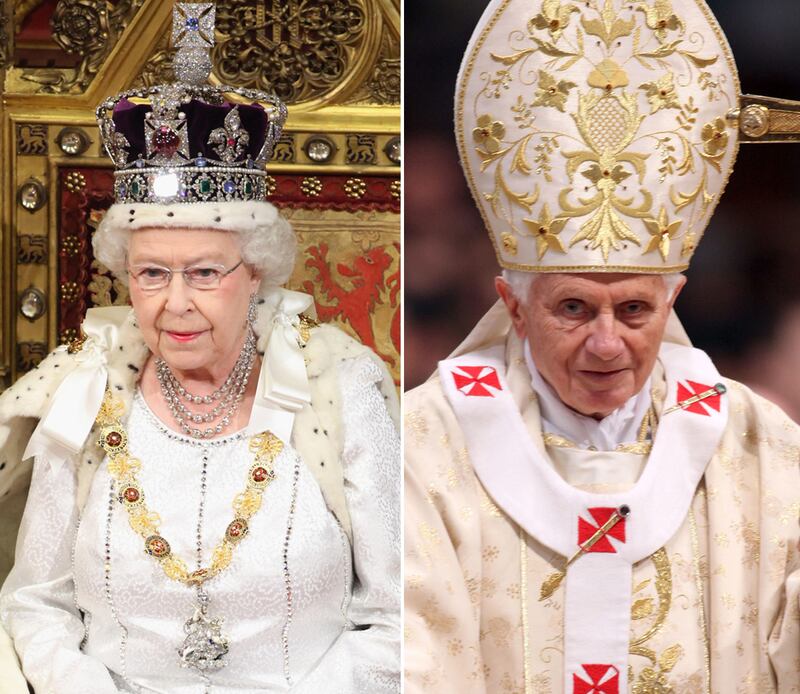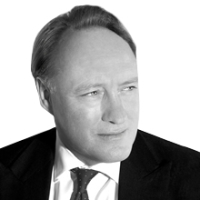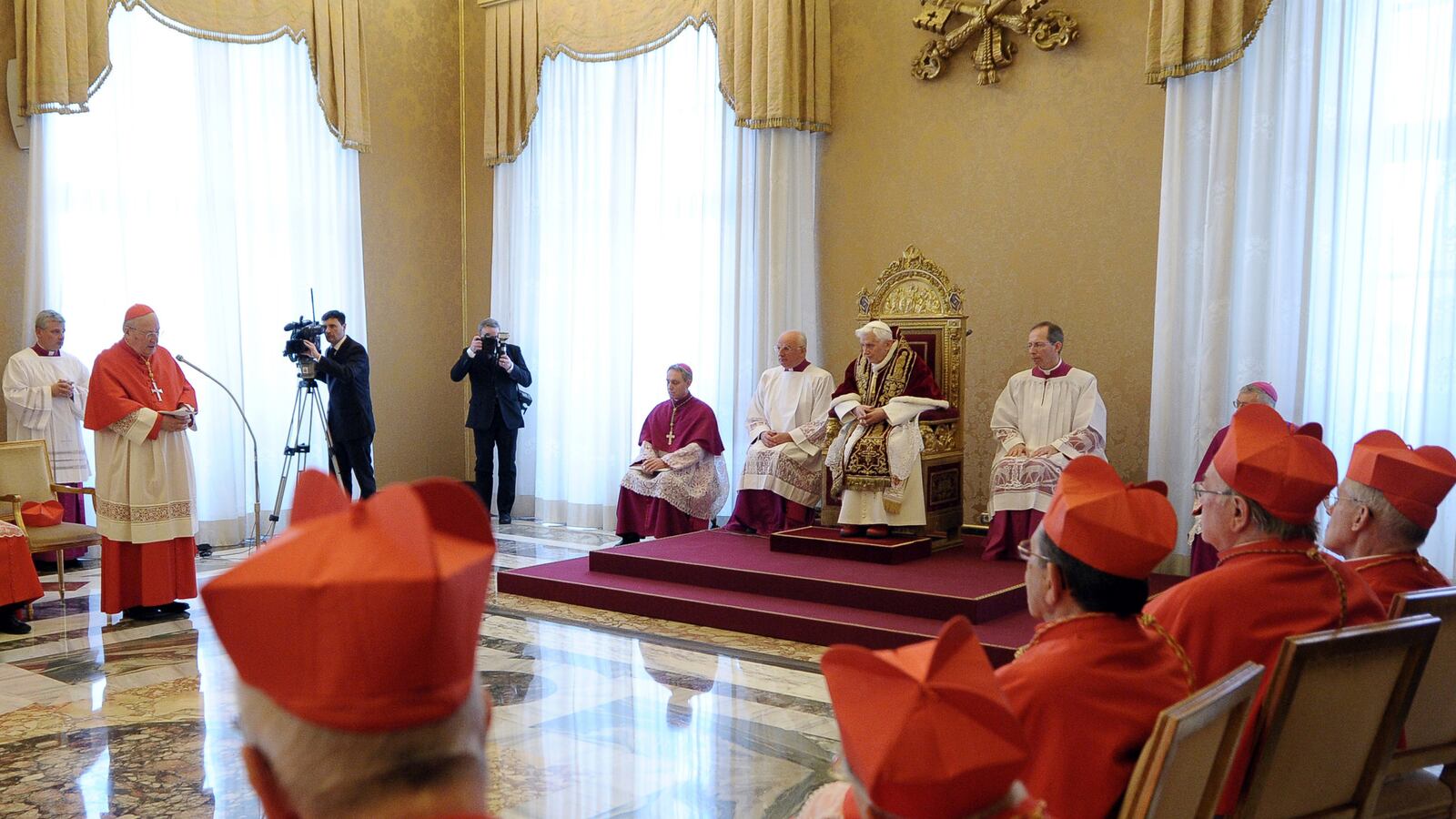First Queen Beatrix of the Netherlands announces her abdication last month, and now Pope Benedict XVI suddenly states that he too will step down from the pontificate at the end of this month. Is abdication catching? Might it even extend to the British monarchy, now that Queen Elizabeth II—who is a year older than the current pope—has just celebrated her 60th year on the throne? The answer is a resounding No.

The queen of the Netherlands inherited her throne in 1980 only through the abdication of her mother, Juliana, who also became queen in 1948 after her mother, Wilhelmina, abdicated. There is therefore a happy precedent for the phenomenon. By total contrast, abdication is the dirtiest word in the House of Windsor’s lexicon, carrying with it the concepts of shame, ignoble behavior, and dereliction of duty. When the queen’s Uncle David—King Edward VIII—abdicated and became the Duke of Windsor, it was considered a terrible betrayal by the whole of the rest of the family. Only 10 years old at the time, the then-princess Elizabeth was deeply affected by the understanding that her father would have to take on the role of monarch, and the terrible strain of it—especially during the Second World War—added to the health complications that severely shortened his life. He died at only 56. For a woman as committed to doing her duty as Her Majesty, abdication would be a betrayal of the promise she made to God when she was anointed at her coronation in 1953 and is therefore not an option. Fortunately the pope chose not to have a coronation in 2005 and so took no similar oath.
In becoming the first pope to abdicate since Gregory XII in 1415, Benedict opens up a theological question that Elizabeth II would not want asked in Britain. According to Roman Catholic doctrine, God works through the conclave of cardinals during their process of electing the next pope, who is only chosen through his grace. So when the white smoke emerges from the Vatican chimney, it means that the Almighty has made his choice, too. That established, at what point did the Almighty withdraw his grace from Benedict? Was it today, when he made his surprise announcement? Or will it be on February 28, when he steps down from the Holy See and quits Saint Peter’s? Or perhaps does the grace of God still accrete to him until his successor is elected by the end of March, for surely it can’t be shared by two people on earth simultaneously? Or did His Holiness lose the grace of God sometime over the past eight years since it descended on him, hence his resignation?
The idea that the conclave of cardinals might simply be a group of admittedly highly spiritual but also pretty political churchmen getting together to choose their new leader, without any form of divine intervention involved, might strike many of us as common sense, but for the Roman Catholic Church it is heretical. When His Holiness was chosen, we were led to believe that God had picked Benedict XVI for life, and that wasn’t conditional on other factors, such as his health, but did God have other ideas at the time? It would be helpful for New York’s Cardinal Dolan to answer these knotty theological questions. (In his press conference today, His Eminence told the media that he had given no thought—absolutely none—as to whom Benedict’s successor might be. Hmmm.)
For all that Benedict deserves a quiet life after setting down the pontificate, it is nonetheless worth pointing out that he has chosen to treat the throne of Saint Peter’s like any normal job, one that can be given up when one feels one is simply past giving it one’s best. It makes perfect sense in our secular, modern world, of course, but let us remember all of that when the church attempts next month to explain that Benedict’s successor has somehow been infused with the grace of God on election. Let’s also remember that besides the Dalai Llama, the only person to take the job-for-life side of their career description seriously is Her Majesty the Queen.
Editor's note: An earlier version of this article incorrectly stated that Queen Beatrix took the throne in 1948.






